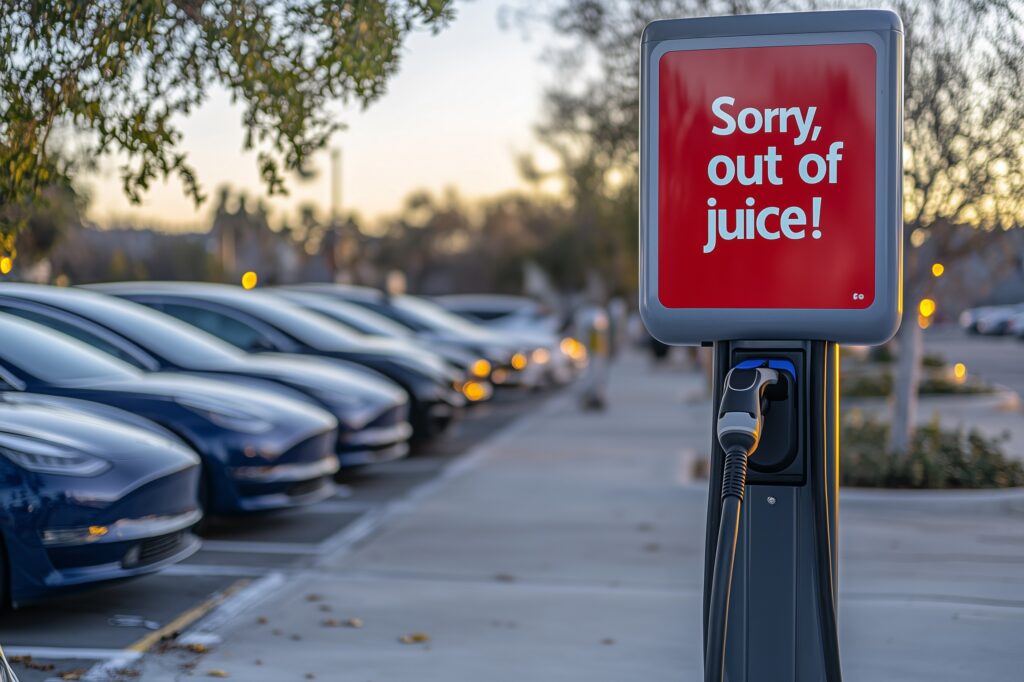Minnesota’s proposed app store legislation poses risks to consumers
The awesome power of “big tech” companies over consumers is a sound clip on every channel these days. Dangerously, one suggested response in several jurisdictions is government intervention. Maybe we should think this through.
Minnesota is the latest of a handful of states around the country that have introduced legislation to rein in the major digital application distributors’ authority over app stores by mandating that they allow downloading of apps in addition to, in Apple’s case, more than 4 million available from its own store. Minnesota’s HF 1184/SF1327, as well as most versions of this legislation, allow app developers to charge payments through systems that they have individually deployed, which may or may not work seamlessly with the host store software and could potentially expose user information to third parties.
This might indeed make it more convenient for many developers and users, but what is the downside? Let us start with the most obvious. These are private companies, and all these transactions take place according to a contract. Any government program that voids private contracts for any otherwise legal activity should always be viewed with jurisprudential suspicion, and subject to at least a health and public safety imperative. Nothing like that here, although this proposed law would affect literally millions of contracts and business plans that have developed over the last few years.
Beyond this, why stop here? An attack on proprietary manufacturing or services of any kind is an erosion of critically important private property rights. Why not make Spotify play all the music on Pandora? Oops, this legislation doesn’t apply to “special purpose apps,” which are defined as streaming music and gaming. What except nudging by billion-dollar commercial interests explains the difference?
It should be noted here that the overwhelming number of Malcolm Baldrige National Quality Award winners every year for manufacturing excellence do it by aggressively managing their suppliers to assure quality control. Apple and Google Play check every application that they offer for download for malicious software and security. Mandating that the digital distribution platforms accept “side-loaded” apps from outside sources risks security breaches, threatens privacy and is in that sense anti-consumer. If any app store owner wishes to support a business plan featuring this option, they are free to do it, but the government should not mandate side-loading when stability and security cannot be assured.
More to the point, although the comprehensive Baldrige competition requires companies and organizations to share much data on performance, they are specifically not required to divulge proprietary information. If one views the American economy as running on low-cost, available energy and cheap credit, then the engine that powers much of it is proprietary manufacturing. Government-managed economies have never been able to compete with this system.
Many organizations specifically built to analyze and shape public policy from different perspectives have weighed in against the idea that large successful platforms like Apple and Google must subsidize app store distribution of any software program offered to them. A recent sampling in addition to the R Street Institute would include the American Consumer Institute, Independent Women’s Forum, Hispanic Leadership Fund, Center for Freedom and Prosperity, National Taxpayers Union, Competitive Enterprise Institute, NetChoice, Information Technology and Innovation Foundation, Americans for Prosperity, Taxpayers Protection Alliance, Innovation Economy Institute, Libertas Institute and the Chamber of Progress.
In a very real sense, this fight is a tech corollary of the broad national conversation over the distinction between equality of opportunity and equity. Equality of opportunity allows customers to pick and choose among platforms, devices and their accoutrements at will and to vote with their wallets. A proposal that all VCRs be required to play both VHS and Beta tapes would never have produced seriously considered legislation, even though the two formats dominated the consumer landscape at one time. The marketplace sorted this out. Nobody is suggesting that TikTok be required to subsidize Myspace.
Equity requires a government rebalancing of interests based on speculative endpoints and guided by the political fevers of the moment. This is a road fraught with peril and undiscovered principles, but the real-world manifestation usually involves directing the government to take away from some and give advantage to others.
If developers can’t use the government to let them be free riders on the Apple or Google Play app stores, Sony, Amazon and Samsung all have app stores where developers can market their inventions. Other perhaps lesser-known distribution systems such as Aptoide and F-Droid may offer lower commissions and less rigorous qualifications, but perhaps not platforms that allow downloading of applications in 175 countries around the world. It is currently their choice, and this is the way it should be.
Claritifcation: This post previously stated the number of apps on Apple’s App Store at over 2 million, that number has been updated to 4 million to more accurately reflect current data.
Image credit: f11photo









